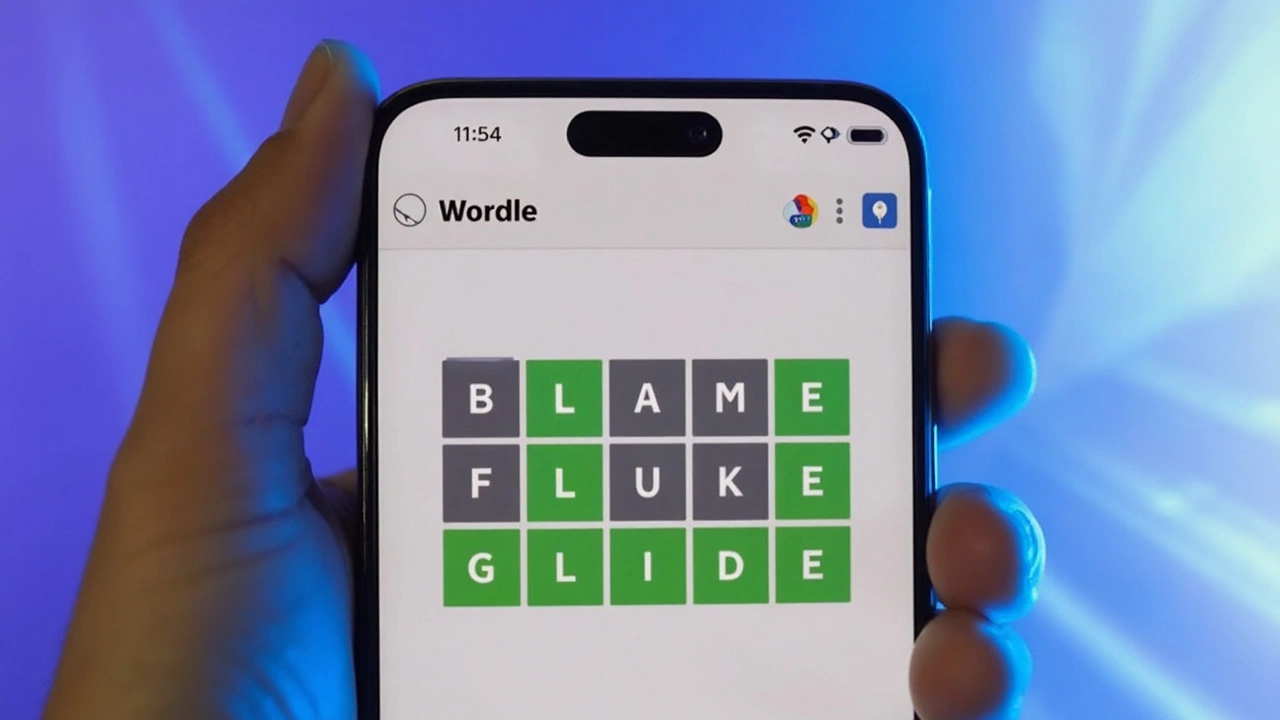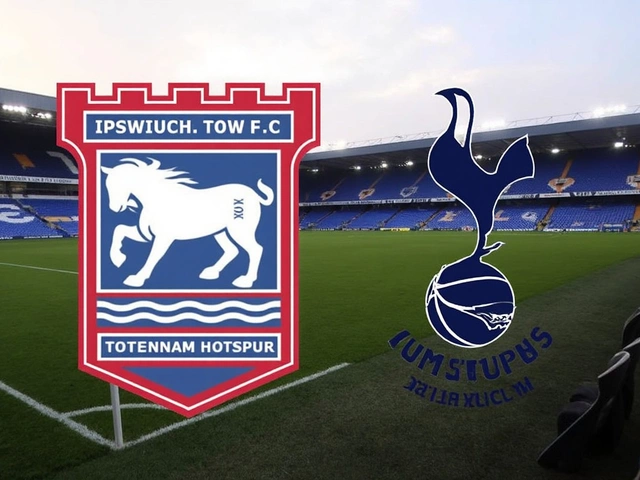Turbo: Boost Your Motorsport Performance
Thinking about adding a turbo to your race car? You’re not alone. A turbo can turn a modest engine into a serious speed machine without swapping out the whole motor. In this guide we’ll break down what a turbo does, why racers love it, and how to pick the right kit without blowing your budget.
How a Turbo Works
A turbo is basically a small air‑compressor driven by exhaust gases. When the engine spools up, the exhaust spins a turbine, which in turn forces more air into the cylinders. More air means more fuel can burn, and that equals more power. The key is that the engine gets a power boost without a bigger displacement, keeping weight low – a win for any driver looking to shave seconds off lap times.
Because the boost comes from waste energy (the exhaust), a turbo can improve fuel efficiency when you’re not pushing the car. That’s why you’ll see turbocharged engines in everything from rally cars to top‑fuel dragsters. The trade‑off is a bit of lag – the time it takes for the turbine to spin up. Modern twin‑scroll and variable‑geometry turbos have cut that lag dramatically, so you feel power almost instantly.
Choosing the Right Turbo for Your Ride
First, match the turbo size to your engine’s power goal. Small turbos crank up quickly and are great for street‑legal builds that need a snappy response. Bigger turbos generate more peak horsepower but may feel lazy at low rpm. A good rule of thumb: if you want a 20‑30% power bump, look for a turbo that can flow roughly 30‑40% more air than your stock setup.
Next, consider the supporting parts. A turbo isn’t a plug‑and‑play device – you’ll need an upgraded intercooler, stronger fueling, and a tuned engine control unit (ECU). Skipping any of these can cause overheating, detonation, or a dreaded turbo‑lag that ruins your lap times. At Motorsport Deals Hub we list bundles that include the turbo, intercooler, and tuning guide so you get a complete package.
Reliability matters too. Look for turbos built with forged turbine wheels and high‑temperature‑resistant housing. Brands with a motorsport pedigree, like Garrett, BorgWarner, or Holset, often have proven track records. Check user reviews on our site – racers share real‑world durability data that can save you from a cheap failure.
Installation costs can eat into your savings. If you’re comfortable with a wrench, a bolt‑on turbo kit can be a weekend project. Otherwise, budget for a professional install, which typically runs $500‑$1,200 depending on engine complexity. Our partner shops offer discounted labor rates when you buy through the hub.
Finally, think about your racing discipline. Rally cars benefit from turbos with quick spools and robust cooling because they run at varied altitudes. Drag racers prefer a larger turbine that can sustain high boost for short bursts. Knowing your track helps you pinpoint the turbo that fits your style.
Ready to feel the surge? Browse our turbo category for current deals, compare specs side‑by‑side, and read the latest driver reviews. With the right turbo, you’ll hit the apex faster, overtake with confidence, and keep your engine humming smoothly.
Got questions? Our community forum is full of racers who have already swapped turbos and can offer tips on tuning, maintenance, and pit‑stop checks. Jump in, ask away, and get the most out of every boost.
Bottom line: a turbo gives you more power, better efficiency, and a competitive edge – as long as you choose the right size, support it properly, and install it wisely. Use the resources on Motorsport Deals Hub to find the perfect turbo package, lock in a great price, and start tearing up the track.
Wordle's April 10 Answer Unveiled: Powering Up with 'TURBO'
Posted by Daxton LeMans On 16 Apr, 2025 Comments (0)

April 10, 2025, brings Wordle puzzle #1391 with the answer 'TURBO', linked to engines and animation. Known for its challenging criteria, this five-letter word adds excitement to fans worldwide. Such words maintain Wordle's popularity, which started as a personal gift and was so loved that it was eventually acquired by The New York Times, still offering unique daily challenges and inspiring numerous spin-offs.




